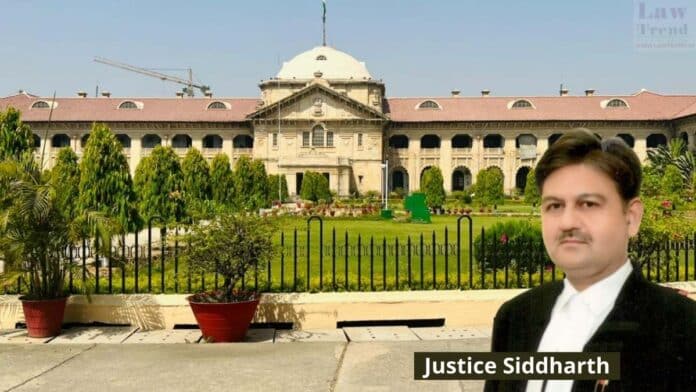The Allahabad High Court, while granting bail to a juvenile accused in a case under sections including 376 of the Indian Penal Code, has reiterated the legal principle that the gravity of an offence is not a relevant factor for deciding a juvenile’s bail application under the Juvenile Justice (Care and Protection of Children) Act,
To Read More Please Subscribe to VIP Membership for Unlimited Access to All the Articles, Download Available Copies of Judgments/Order, Acess to Central/State Bare Acts, Advertisement Free Content, Access to More than 4000 Legal Drafts( Readymade Editable Formats of Suits, Petitions, Writs, Legal Notices, Divorce Petitions, 138 Notices, Bail Applications etc.) in Hindi and English.




